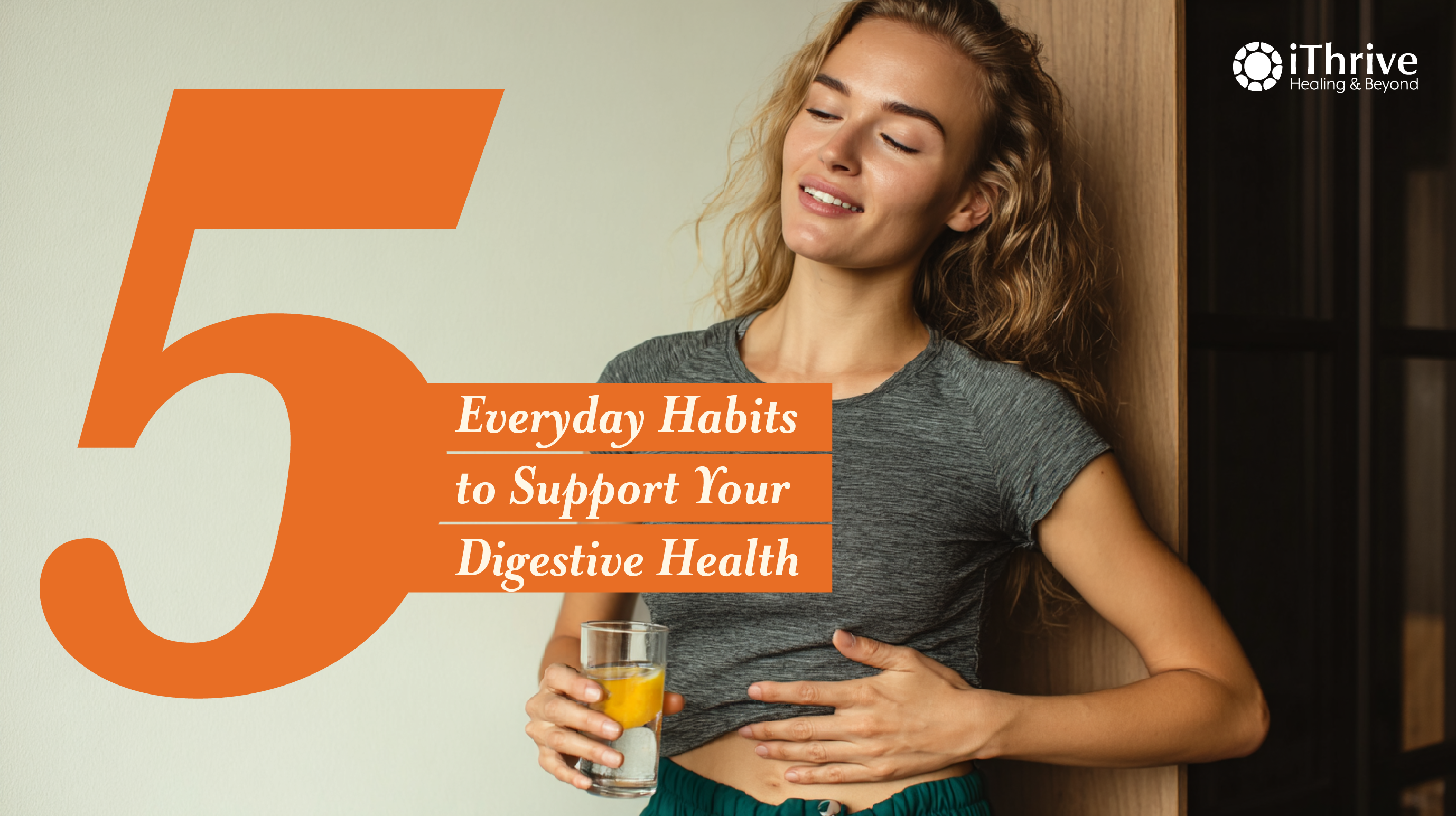Contents from this article were shared in an article published in TheHealthSite on 3.5.2023 featuring Mugdha. This article was written to serve as input for the same following a query from TheHealthSite.
Water is an essential element for human survival, and we all know that we need to drink enough of it every day to stay hydrated. However, just drinking plain water by itself is not enough to keep us hydrated. We also need to replenish our electrolytes and minerals, particularly sodium, potassium, and magnesium, to keep our bodies properly hydrated.
The reason why plain water by itself is insufficient for hydration is that water movement in the body is controlled by solute concentration. This process is called osmosis, and it involves the movement of water from an area of low solute concentration to an area of high solute concentration. Electrolytes, such as sodium, potassium, and magnesium, are critical for maintaining the solute concentration in our cells, which helps with water retention.
When we lose water through sweat and urine, we lose electrolytes and minerals along with water, so simply drinking plain water is not optimal to replenish what we have lost. In fact, drinking too much plain water can actually displace electrolytes in the body and cause more dehydration.
We see this in cases of therapies to treat dehydration such as ORS solutions and sports drinks for athletes. Thus, it’s actually well known that water alone will not work to treat cases of extreme dehydration. However, when it comes to moderate needs of people in general on an everyday basis, we ignore this fact. It’s recommended that you add some electrolytes to your drinking water at all times for the most effective hydration.
It’s well established in the medical literature that a vast majority of the population remains deficient in electrolytes, particularly sodium- leading to symptoms like, muscle aches, stress, headaches and palpitations. The myth of eating a low-sodium diet just adds to the problem.
Opt for natural salts like pink Himalayan salt or sea salt instead of refined salt for getting sodium.
For potassium, potassium-rich foods like bananas, coconut water, avocados and sweet potatoes are easy options. Supplemental forms of potassium should be used with caution because overdosing can cause acute reactions.
Getting magnesium through food alone is very difficult in today’s modern environment. Our soils are very depleted. So supplementation is universally recommended. Chelated forms like magnesium glycinate are the most optimal.
Alcohol and coffee both also contribute to dehydration, but the effect of alcohol is much worse.
Subscribe to our newsletter and receive a selection of cool articles every week




.png)


.webp)

.jpg)





